This post may contain affiliate links. Please see my disclosure policy for details.
Natural Christmas Decor That Actually Makes Your Home Feel Like a Winter Wonderland
Contents
Natural Christmas decor transforms any space into a cozy winter retreat without breaking the bank or filling your home with plastic.
I’ll be honest with you—I used to be one of those people who bought everything from the big box stores.
Red plastic baubles, artificial garland that looked faker than my smile at office parties, and those LED lights that somehow managed to look both too bright and completely cheerless at the same time.
Then one December morning, I walked outside to grab the newspaper and stopped dead in my tracks.
My neighbor’s front porch looked like something straight out of a holiday magazine, but it wasn’t the usual Christmas explosion.
Every single decoration was natural—pine boughs draped along the railings, pinecones clustered in vintage baskets, and simple white candles flickering in mason jars.
It was stunning.
It was elegant.
And it made my house look like a Christmas decoration warehouse had exploded.
That was my wake-up call.
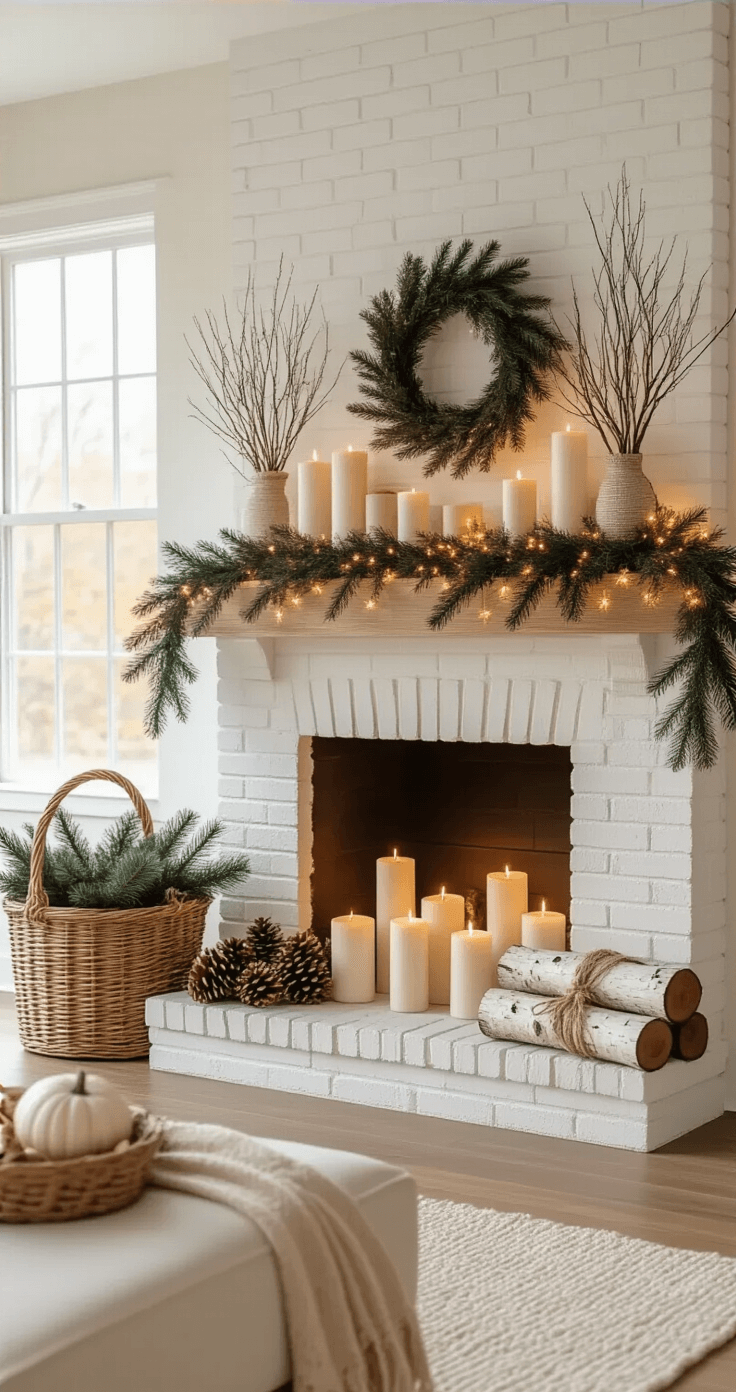
Why Natural Christmas Decor Works Better Than Store-Bought Plastic
Here’s what nobody tells you about natural decorating: it’s not just about being eco-friendly (though that’s a nice bonus).
Natural materials have this incredible ability to make any space feel warm and inviting in a way that manufactured decorations simply can’t match.
The science behind it is actually fascinating:
- Natural textures reflect light differently, creating depth and visual interest
- Organic shapes feel more comfortable to our eyes than perfect geometric forms
- Real materials engage multiple senses—you smell the pine, feel the bark texture, hear the rustle of dried leaves
Plus, let’s talk money.
Most natural Christmas decor costs between $0-50 total because you can forage half the materials yourself.
Compare that to a single artificial wreath from a department store that runs $30-80 and looks exactly like everyone else’s.
Essential Natural Elements That Make Any Christmas Display Pop
When I started my natural decorating journey, I made the classic beginner mistake—I tried to use everything at once.
My first attempt looked like I’d robbed a forest and dumped it on my dining table.
Here’s what actually works:
The Big Three Foundation Elements
- Evergreen branches (pine, fir, cedar, or whatever grows in your area)
- Pinecones in various sizes
- Dried citrus slices (oranges work best, but lemons and limes add nice color variety)
Supporting Cast Members
- Cinnamon sticks for that incredible smell
- Red berries (cranberries, holly berries, or even fake ones if pets are a concern)
- Birch logs or interesting branches
- Plain white or cream candles
The Secret Weapons
- Natural jute twine for tying everything together
- Wicker baskets in various sizes
- Glass mason jars for candle holders
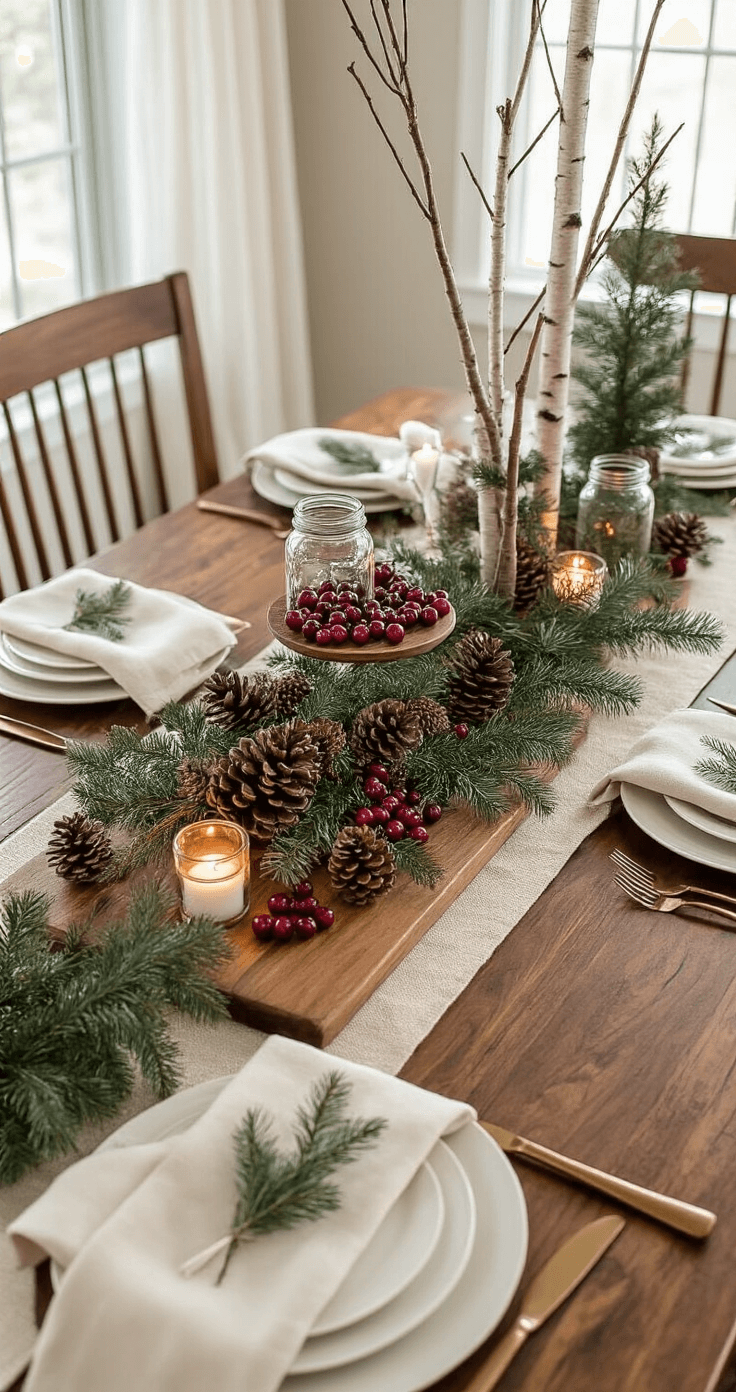
Creating Stunning Natural Wreaths (Even If You’ve Never Made One)
My first wreath attempt was… let’s call it “rustic.”
Actually, let’s be honest—it looked like something a beaver might build after a few too many drinks.
But I learned from that disaster, and now I can whip up a gorgeous natural wreath in about 45 minutes.
The Foolproof Method:
Step 1: Gather Your Base
You need something circular to build on.
Forget buying expensive wreath forms—grab a bunch of flexible branches (willow works great) and twist them into a circle.
Or cheat like I sometimes do and buy a plain wire wreath frame for $3.
Step 2: Add the Bulk
Start with your evergreen branches.
Cut them into 6-8 inch pieces and attach them all going in the same direction around your base.
Use that jute twine to secure everything—it’s stronger than you think and looks way better than wire.
Step 3: Layer in Interest
This is where the magic happens:
- Tuck pinecones into gaps
- Wire in small clusters of berries
- Add dried orange slices sparingly (they’re beautiful but can overwhelm)
- Finish with a simple burlap or natural linen bow
Pro tip: Make your wreath slightly asymmetrical.
Perfect circles look artificial—nature is beautifully imperfect.
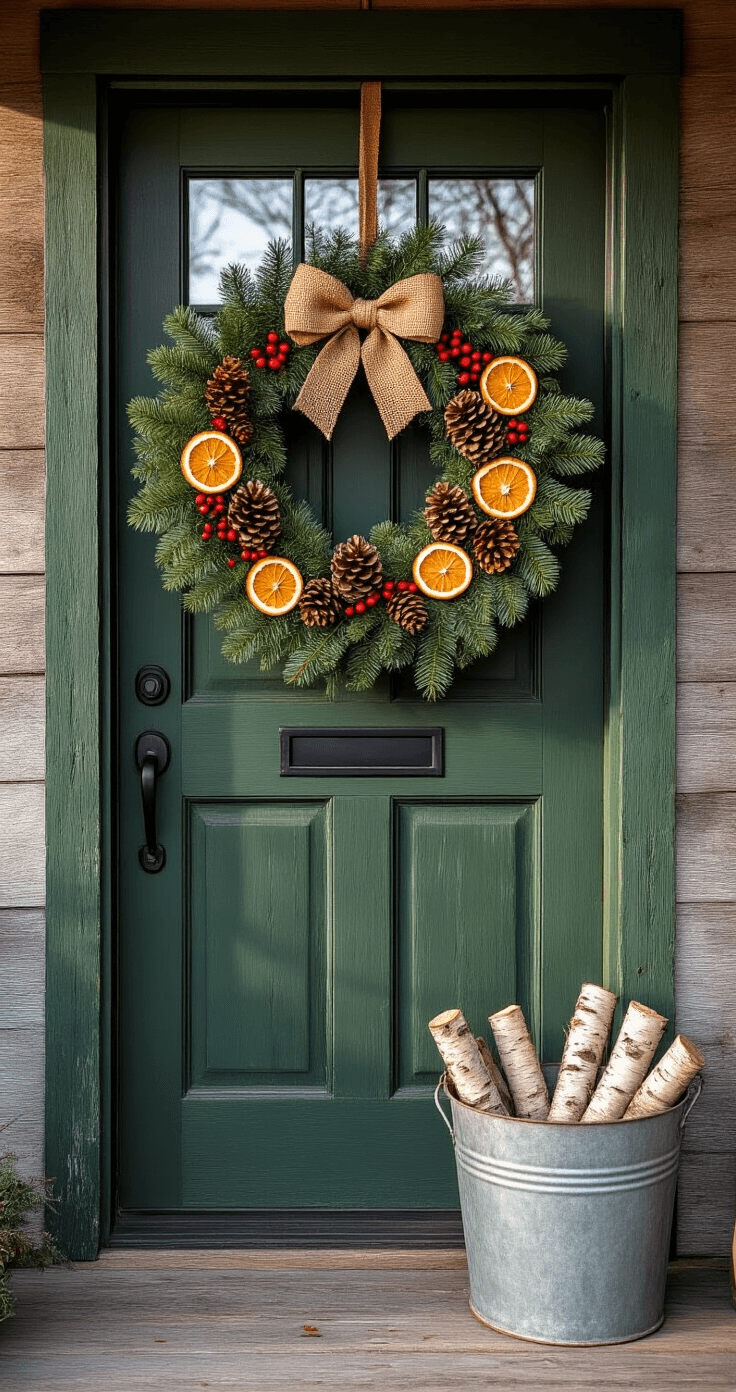
Table Centerpieces That Don’t Block Conversation
Nothing ruins a holiday dinner faster than a centerpiece so tall that Uncle Bob has to lean around it to pass the gravy.
Here’s my go-to formula for natural centerpieces that actually work:
The Base Layer
Start with something long and low:
- A wooden cutting board
- A vintage tray
- A simple white runner down the middle of your table
The Height Variation
Add elements at three different levels:
- Low: Scattered pinecones, small votives, cranberries
- Medium: Short evergreen sprigs in small jars, cinnamon stick bundles
- Tall: A few single branches in one spot only (never down the entire length)
The Finishing Touch
String warm white fairy lights through everything.
Just make sure they’re battery-operated—nobody wants extension cords snaking across their dining room.
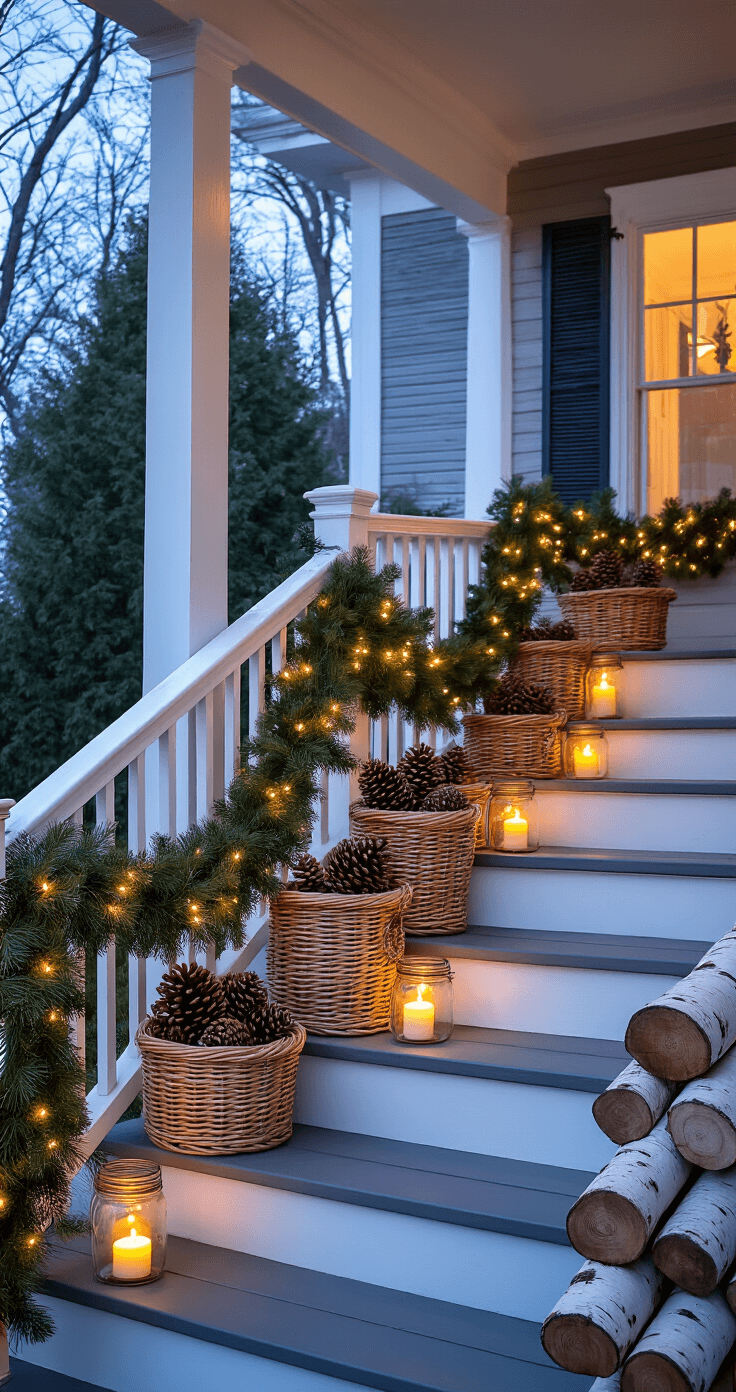
Mantel Styling That Doesn’t Look Like Pinterest Threw Up
Mantels are tricky because they’re basically a horizontal shelf that everyone stares at.
Too little and it looks bare.
Too much and it looks like you’re hoarding holiday decorations.
The Rule of Three Zones
Divide your mantel into three sections:
- Left third: One larger element (maybe a small evergreen arrangement in a basket)
- Middle third: Your focal point (this could be a larger candle grouping or a special piece)
- Right third: Balance the left with something different but similar in visual weight
Layering Like a Pro
<

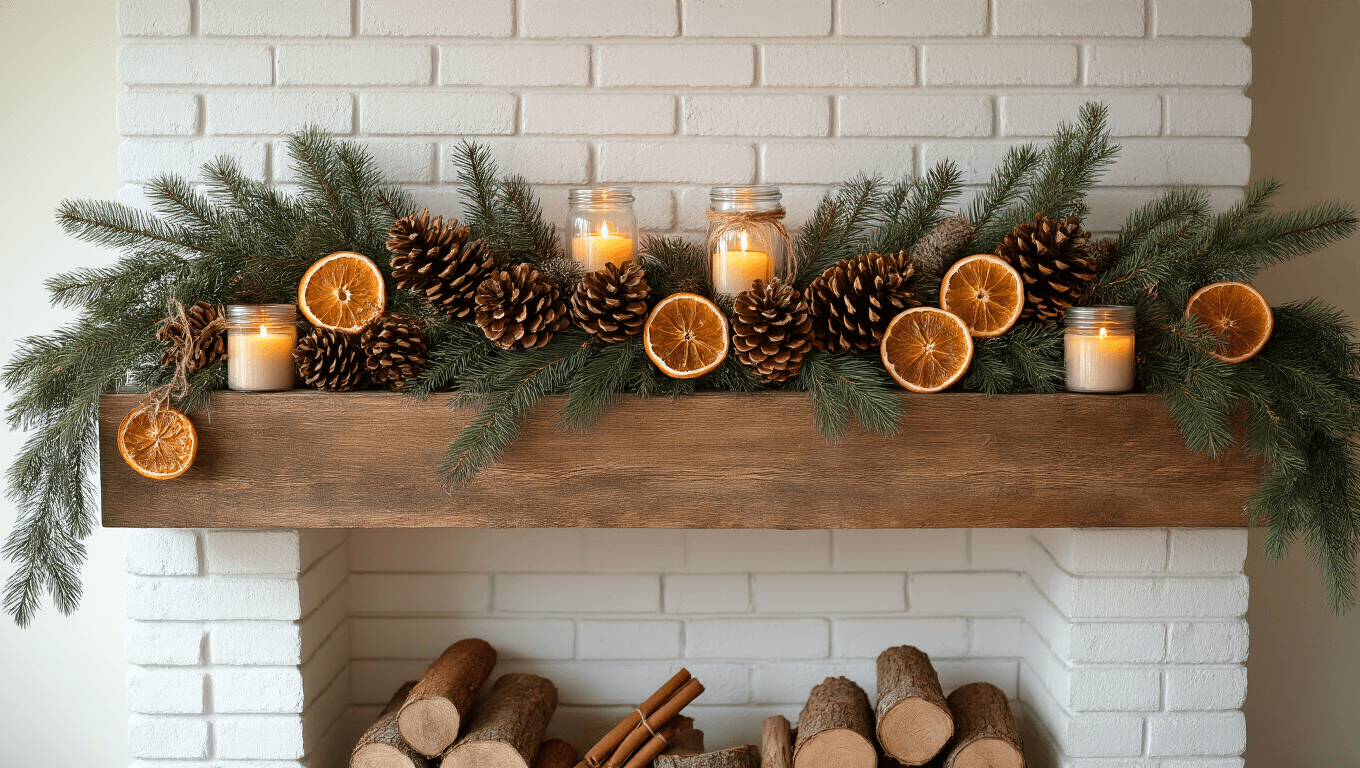

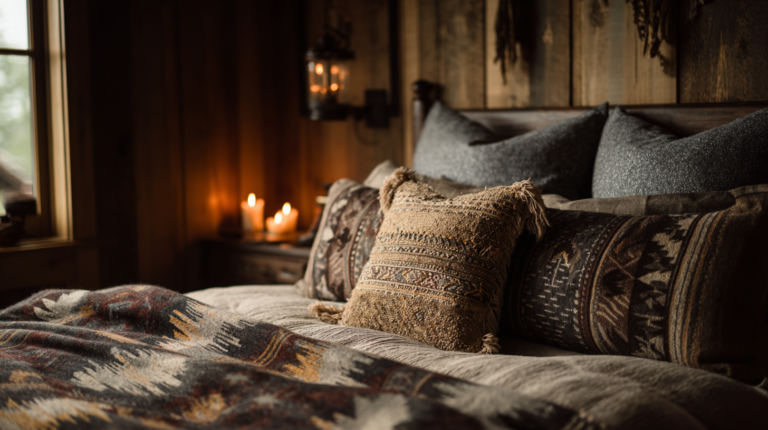
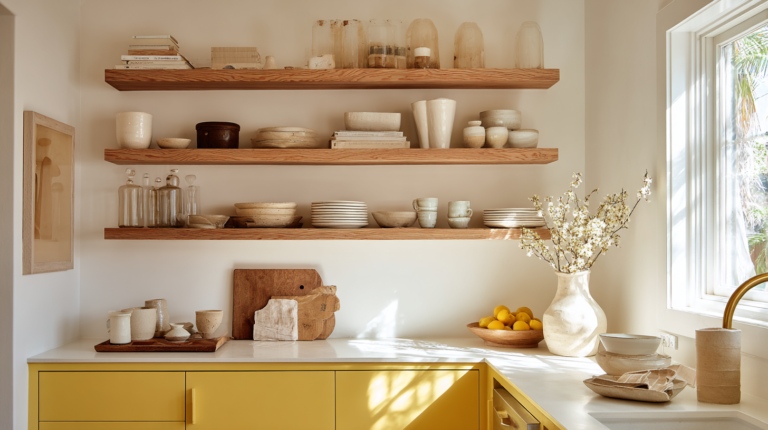
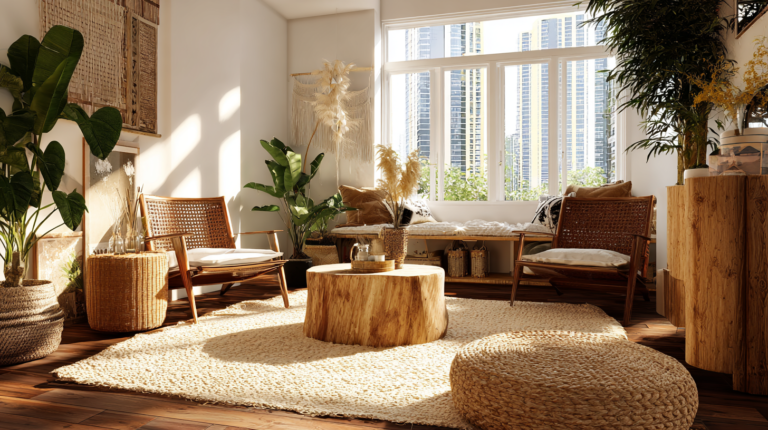
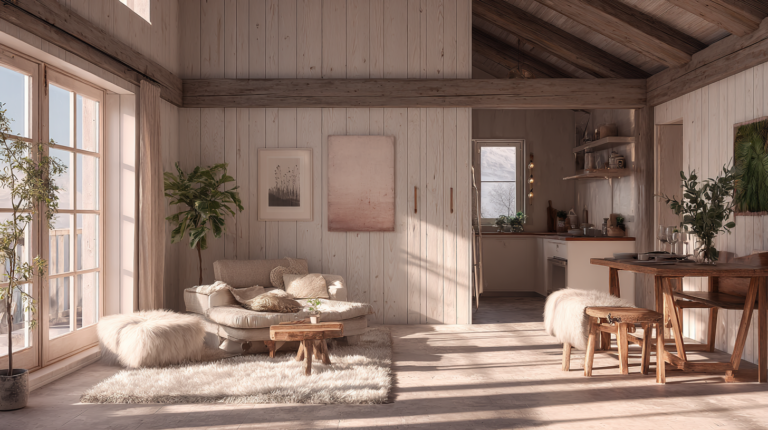

[…] remember: outdoor-safe is the name of the game. You want decorations that can handle whatever Mother Nature throws at them, from surprise snowstorms to that neighbor kid with impeccable […]
[…] It creates a calming, lived-in atmosphere that feels like home […]